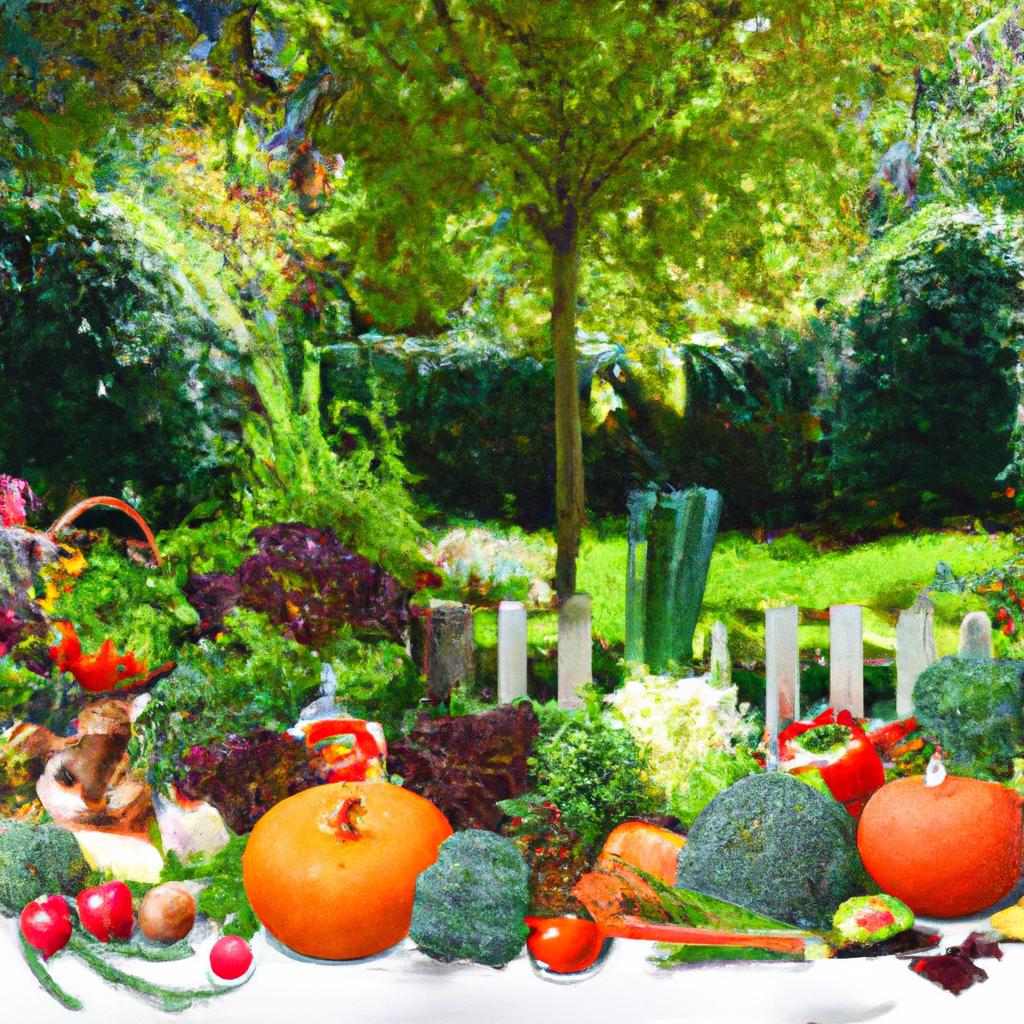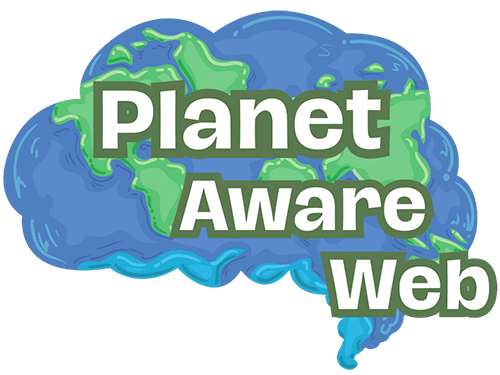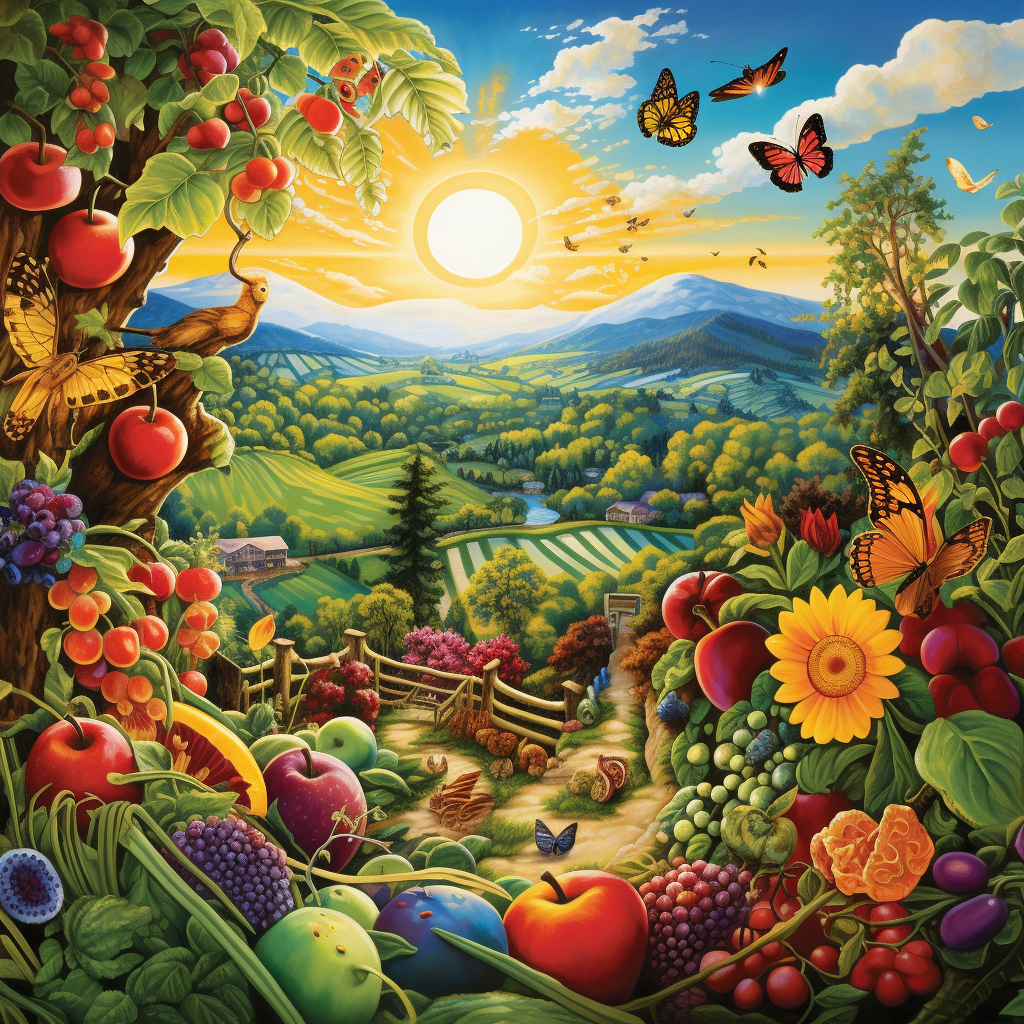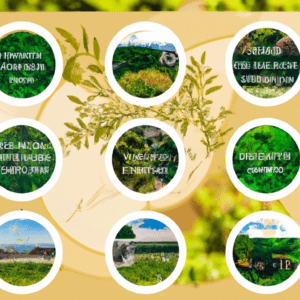Just envision a universe where your culinary choices do two fantastic things – fueling your body’s wellness and contributing to the health of our planet as well. As if flipping a switch on a magic lamp! Today, we’re going on an exciting journey to uncover the green benefits of vegetarianism, and the promising prospect it offers for our future. We’re diving deep into sustainable food selections and shedding a bright spotlight on the “power of plants” and how adopting a vegetarian diet is a significant and impactful step towards neutralizing climate change, conserving resources, and safeguarding our beautiful blue planet! Alert all senses, as we’re about to spark a dietary revolution by harnessing the power vested in our kitchen plates!
%padding: 25px;
The Environmental Aftermath of Animal Ranching.
Animal farming is a silent, yet dominant, source of environmental deterioration. Mainly, its deleterious effects span greenhouse gas emissions, land consumption, and the abuse and contamination of our precious water resources. In the forthcoming sections, we unfold the environmental burdens horse-harnessed by animal agriculture and explore potential solutions to relieve our earth from such damages.
Greenhouse Gas Release
Livestock farming sits high on the list of global greenhouse gas evil-doers. The root is predominantly the methane that livestock, especially cattle, emit in spirit-level quantities — either through their digestive system or manure management. And guess what, methane laughs in the face of carbon dioxide when it comes to warming potential!
Land Monopoly and Forest Lopping
The expansion of animal farming plays a king-sized game of monopoly, gobbling up sweeping tracts of land for grazing fields and producing animal feed. This land hunger ignites deforestation fires around the world, resulting in the death of invaluable forestlands and ecosystems. Besides escalating climate change, deforestation traumas include displacing indigenous people and sabotaging biodiversity.
Water Squandering and Contamination
Livestock farming is an extravagant water glutton – both directly (for animal drinking or facility cleaning) and indirectly via producing feed crops. What’s more, livestock waste is sneaky – it slips into our water bodies, infiltrating them with harmful pollutants, such nitrogen and phosphorus, and setting the stage for water pollution.


Greener Strategies to Replace Those Gas Guzzlers.
Addressing the issue of greenhouse gas emissions spurred by animal agriculture is a climatic imperative. There are various strategies at hand that promise to trim down these emissions.
Emissions from Livestock Yield
One approach is to refine livestock breeding protocols to lessen the output of methane emissions. This can involve dietary modifications to control the fermentation process in the animals’ digestive track, reducing methane generation as a result. Treating manure with more climate-smart methods can limit methane release into the atmosphere and convert it into an energy source instead.
Forest Cutting and the Carbon Clock
Putting a restraint on deforestation is key to weathering the climate change storm instigated by animal farming. Forest protection and reforestation steps can prop up the natural carbon ticking clock, trapping carbon dioxide from the atmosphere within those tall, green standing plants.
Transit Emissions
The transit emissions holding hands with the animal farming industry can be shrunk by encouraging food systems that are more native and region-based. This reduces the demand for transporting animals and animal products long distances, thus lessening the associated carbon footprint
Preventing Destruction of Land and Forests.
Safeguarding our land’s health and preventing further deforestation are mission-critical for maintaining prosperous ecosystems and biodiversity. To crown this mission, we can resort to a arsenal of effective measures.
Animal Agriculture and Land Love
The sustainable agricultural practice of regenerative farming, if adopted, can enhance land productivity and reduce the need for sprawling out animal agriculture to new territories. These practices emphasize the well-being of soil and biodiversity, contributing to a global effort of land preservation.
Deforestation and Biodiversity Breach
Forest guardianship = biodiversity protection. By ensuring their intactness, forests guarantee the survival of countless flora and fauna species counting on these habitats for their existence. Forest rescue and pro-conservation and restoration policies are sure-fire ways of defending these fragile ecosystems.
Forests: The Carbon Warehouse
Forests are champions at carbon sequestration – they soak up and hoard extensive amounts of carbon dioxide. So, by fighting for our existing forests and reviving the ill ones, we’re in fact contributing to combatting climate change by elevating carbon sequestration capacity.


Bringing Water Spending and Pollution under Control
To lower the environmental penalty imposed by animal agriculture, we need to enact sound water management and pollution prevention strategies.
Water Wastage in Animal Agriculture
Introducing water conservation protocols in the animal farming arena can be a game-changing move. Techniques like revamping irrigation systems, water recycling, and smarter facility design can slash water usage, yet preserve the livestock’s welfare.
Livestock’s Pollution Gift to Water
Coping with livestock waste in a wiser way is a must to stop water pollution. Upgraded waste collection systems, treatment approaches, and recycling techniques can control the emission of pollutants into water bodies, safeguarding both aquatic ecosystems and human health.
Runoff from the Pesticide and Fertilizer Show
Pesticides and synthetic fertilizers starring in feed production get villainous roles when it comes water pollution. Through advocating for sustainable agricultural approaches, like organic farming or integrated pest management, we can minimize the use of these harmful chemicals and reduce the risk they pose to water sources.


Preserving Biodiversity and Ecosystems.
The detrimental impacts of animal farming do not stop at climate change and water pollution. They creep into the lives of diverse organisms, threatening their existence.
Roof Deprivation and the Destiny of Extinction
The transformation of natural environments into grazing and feed-production zones not just hurts habitat health, but chops it into pieces, initiating a cascade of consequences that ends most tragically in species extinction. It’s imperative to shield these habitats and enforce conservation schemes to save the diversity of life.
Pesticidal Onslaught and Pollinators in Peril
Use of chemical pesticides in crop fields designed for animal feed could compromise the health of our tiny helpers – insects like bees and butterflies – whose magical touch enhance plant propagation through pollination. Their decline would be a catastrophe, putting global food security and ecological stability at stake, underscoring the urgency for minimizing pesticide use and adopting sustainable farming practices.
Climate Change – The Ecosystem Wringer
Livestock farming contributes indirectly to the hurt suffered by ecosystems. It fans the climate change flames, and the resulting shifts in temperatures, precipitation patterns, and incidence of severe weather can upset the existing balance in numerous ecosystems, potentially leading to loss of biodiversity.
Sustaining Food Systems
Transitioning to sustainable food systems is fundamental to lessen the environmental impact of livestock farming. On the environmental and health stages, plant-based diets are star performers. They not only reduce the greenhouse gas release, land and water consumption, and pollution carried out by animal agriculture but truly benefit human health.
Home-Grown, Seasonal, and Vegan Diets
Consuming locally-sourced and seasonal vegan foods helps to cut down the carbon footprint associated with transporting foods. Furthermore, embracing a diet rich in plant-derived foods offers a bounty of nutrients, lessens the environmental losses triggered by animal farming, and enhances public health.
Backing Organic and Regenerative Farming
Supporting organic and regenerative farming methods fosters an environmentally respectful and sustainable style of agriculture. It emphasizes nurturing soil health, housing a variety biodiversity, and reducing chemical input. End result? Healthy ecosystems and reduced harm to our dear planet.
Food Waste Reduction
Food waste is another environmental monster associated with dietary practices. Slashing the volume of food that goes to waste at every link in the food chain, starting from production to our dining tables, can make a remarkable difference in resource conservation, reducing greenhouse gas emissions, and easing the burden on our ecosystems.


The Salubrious Side of Veganism
Aside its role in mending our ailing planet, accepting a plant-based nutritional approach is studded with health dividends.
Mineral and Vitamin Treasure Troves and Disease Risk Reduction
An assortment of fruits, veggies, whole grains, legumes, nuts, and seeds on vegan dining tables is actually a cornucopia of essential nutrients for our bodies. Research aligns with this nutritional wealth, as it consistently shows a reduced risk of lifestyle diseases, such as heart disease, diabetes, and specific cancers amongst vegans.
Fewer Environmental Toxins on the Vegan Plate
Good news for vegans is that their diets typically harbor fewer environmental toxins, like heavy metals and pesticides, as opposed to diets high in animal produce. So, by adopting a predominantly vegan diet, you can lower your exposure to these harmful compounds.
Antibiotic-Resistance Prevention
A major concern that has emerged in the modern era is the rise of antibiotic-resistant bacterial strains, a phenomenon partly blamed on the rampant use of antibiotics in animal farming. By resorting to veganism, we can partake in the global campaign to contain antibiotic resistance and safeguard the potency of these life-preserving drugs.
Social and Economic Reverberations
The environmental implications of animal farming are interlaced with social and economic aspects, pinpointing the need for multi-angled solutions.
Feeding the Globe and Filling Empty Stomachs
Rechanneling resources away from animal farming and towards sustainable and fair food systems can help alleviate world hunger and improve food security. By advocating for vegan diets and sustainable farming techniques, we can guarantee a more just distribution of resources.
Blend of Income and Meat Consumption
Eating meat and animal-derived products often relates to wealthier population groups, further widening the income inequality gap. Adopting vegan diets that are affordable and within reach for all can help remedy this issue and improve the overall well-being of communities.
New Job Horizons with Plant-Based Agriculture
Shifting from animal farming to plant-based practices can open new doors for job opportunities and economic development. By investing in educational programs and offering support to farmers during the transition, we can help them establish sustainable financial routines and add value to local economies.
Confronting the Challenges and Obstacles
Despite the prevailing necessity for pivoting towards more sustainable food systems, this transition needs to scale several barriers and hurdles.
Make or Break Cultural and Social Traditions
Deep-rooted societal convictions and norms concerning food and dietary choices can pose a significant challenge to adopting a vegan lifestyle. Education, raising awareness, and redefining our culinary heritage can bring about an transformative shift encouraging more eco-friendly food choices.
Procuring and Affording Veggy Options
The availability and affordability of vegan foods greatly govern our food choices. Bridging this nutritional gap calls for government involvement, engagement of the private enterprise, and grassroot community efforts to improve access to nutritious plant-based foods, targeting communities suffering from nutritional poverty in particular.
Educating and Enlightening
Investing in educational initiatives that shed light on the environmental aftermath of livestock farming and the bright side of plant-based diets plays a powerful role in steering behavior change. Incorporating sustainability and nutrition programs in educational institutions, community forums, and public awareness campaigns could embolden individuals to make mindful food choices.
Policy Change and Advocacy: The Systemic Shifters
Policy amendments and advocacy initiatives bear the power to usher systemic change and promote sustainable food systems.
Governmental Rules and Rewards
Government bodies can step up by enforcing rules and incentives to encourage sustainable farming routines and curb the environmental setbacks of livestock farming. Measures can include enacting rigid emission codes, providing support to organic farming, and initiating actions to minimize food waste.
Supporting Scientific Pursuits
Investing in scientific research and development can fine-tune agricultural practices, evolve alternative sources of protein, and introduce groundbreaking food technologies. With governments and organizations shoulder to shoulder, the prospects for a sustainable food system are nothing short of remarkable.
Teaming up with Non-Profit Organizations
In forging partnerships with non-profit entities and advocacy groups, we can make a big dent in raising awareness, undertaking initiatives, and influencing policy changes. These cohorts are a formidable force in motivating communities, conducting research, and lobbying for a more sustainable and equitable food network.
In Conclusion,
The environmental footprints of animal farming span far and wide, trailing from greenhouse gas emissions to land occupation, water consumption, biodiversity loss, and beyond. By adopting measures to lessen emissions, land conservation, and pollution prevention, we can help ease the environmental burden shouldered by livestock farming. By encouraging more sustainable food systems through increased plant-based diets, support for organic farming, and addressing social and economic considerations, we can work together for a greener, more social justice-oriented future. Through policy changes, research, and advocacy, we can jointly make a difference, nurturing a more sustainable bond between agriculture industry and the environment.
TL;DR Key Points
- Vegan diets can greatly reduce our environmental impact by mitigating climate changes, conserving resources, and protecting the environment.
- Animal agriculture is one of the significant sources of greenhouse gas emissions, mainly due to the methane produced by livestock.
- Deforestation and exorbitant water usage are major problems associated with animal agriculture.
- There are various approaches we can employ to reduce emissions, including optimising livestock production practices, curbing deforestation and reducing necessary transportation associated with the animal agriculture industry.
- Enacting water management strategies and pollution prevention is important to mitigate the consequences of animal agriculture.
- Adopting sustainable food systems, which include local, seasonal and plant-based diets, can have many benefits ranging from health advantages to social and economic implications.
- There are challenges to adopting plant-based diets, including cultural and social norms, and availability and affordability of plant-based food options.
- Addressing these challenges can be achieved through education, awareness, policy changes and advocacy efforts.











